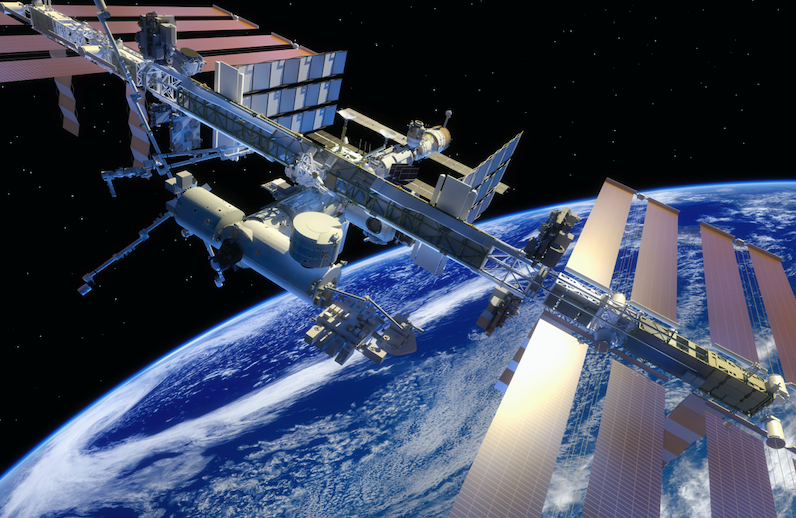Three teams of Coquitlam and Port Moody students are competing to have their special experiment sent to space.
School District 43 (SD43) has whittled down its winners for the Student Spaceflight Experiment Program (SSEP) to three, selected from dozens of proposals from grades 5-12 students attending more than 30 institutions.
Proposals were short-listed and further reviewed by a panel of experts with science, technology and proposal writing backgrounds from SD43, Simon Fraser University (SFU), IBM Canada, and Microsoft Canada.
From those three, the final proposal will be selected that will blast off on a rocket heading to the International Space Station where the experiment will be conducted by astronauts.
The data outcomes will be returned to the students for analysis.
Here are the three winners:
- Marisa Bassetto and Selina Zhang
- Hillcrest Middle Gr. 8 students with teacher Patrick Ingelman
"We want to find out if growing Bacillus subtilis in microgravity will be different from growing it on earth. We will test that out by sending 'B' subtilis on an agar slant to the ISS. We chose 'B' subtilis because it is one of the most studied bacteria and it grows easily.
"By sending 'B' subtilis into space and seeing if it grows properly, we can learn whether it can be used to help plants or food grow in space. We hypothesize that the bacteria will grow into multiple colonies just like it would on earth, however, we think that it will do it slower than it would on earth and/or mutate because of the harsher conditions."
- J.E. Lee and Yong Lee
- Port Moody Secondary Gr. 9 students with teacher Marina Mehai
"Microorganisms have been found to react differently in microgravity conditions. Bacteria composing the human gut microbiome provide many benefits and affect the host both physiologically and psychologically.
"Metabolites (from gut bacteria), specifically butyrate, an SCFA have been linked to many health benefits from reduced inflammation to autophagy, which will be beneficial for the reduction in frequent rashes or hypersensitivity, and loss of muscular mass commonly experienced in space.
"Knowing if the production of these beneficial compounds changes can greatly affect the wellbeing of future astronauts in microgravity longterm.
"The investigation will look at the effect of microgravity in the production of short-chain fatty acids (SCFAs) by Lactobacillus casei (HA-108), Lactobacillus rhamnosus (HA-111), Lactobacillus acidophilus (HA-122), and Bifidobacterium longum (HA-135) in the fermentation of prebiotic fibres present in chia (Salvia hispanica) seeds."
- Jisong Han
- Dr. Charles Best Secondary Gr. 10 student with teacher Julia Hamilton
"In this experiment, buckwheat seeds will be sent up to space and water will initiate their germination process. Then, their germination process will be stopped with a fixative solution. After, the seeds will be compared to the control group that was raised on earth.
"This investigation will provide data about the germination of buckwheat in microgravity which could contribute to the acknowledgement of the potential merits that planting buckwheat offers to space exploration. Furthermore, the data gathered from this investigation will provide support for the current understanding of organization of cell division and tissue growth of a plant’s root.”
"Funding for the project came from the district’s education foundation to promote science, technology, engineering, arts and math (STEAM)."
"Exploring science, technology, engineering, art and math with the possibility of sending an experiment to space has been an exciting real-world experience for everyone involved," stated foundation chair and Coquitlam trustee Barb Hobson in a news release.
Students across the Coquitlam district will now focus their attention on submitting mission patch designs to accompany the experiment into space and onto the International Space Station.



